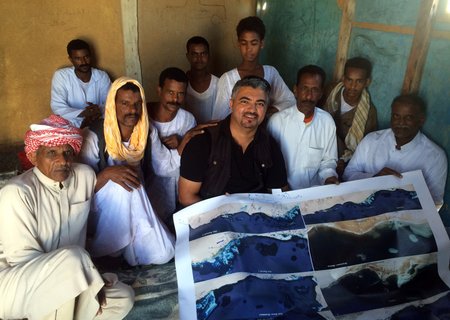Marine Biology
Diplomas
PADI Marine Biology
Introduce divers, snorkelers, and others, to the basic science of marine biology and familiarize them with proper diving techniques for responsible interaction.
PADI Marine Resource Management
Teaching the science-based of coral reefs, focusing on a wide range of issues dive professionals need to be aware of to do their jobs effectively.
Coral Reef Restoration
It is a mechanism to help countries increase advocacy for management strategies to combat declines in coral health and cover globally.
Dugong Behavioural Ecology
Science-based on dugong ecology and behaviours with more detail skills to conduct surveys and monitoring in key habitats and participate in any dugong projects.
Marine Megafauna Interview Survey
The results of the surveys can assist in determining the distribution and abundance of populations, help identify and map areas of habitats, and assess risks.
Fundraising for Conservation Projects
Support anyone working in biodiversity conservation to help them secure adequate funding for their projects, programs, and organizations.
PADI Marine Survey
introduce divers and snorkelers to understand the survey methods for different marine ecosystems and organisms to collect the data for conservation.
PADI Coral Reefs Monitoring Survey
Facilitate the assessment of the status of coral reef communities and their associated flora and fauna in a repeatable and relatively inexpensive manner.
Marine Mammal Observer (MMO)
Professional monitoring whales, dolphins, and other marine mammals and helps to reduce the negative impacts of operations on marine wildlife.
Shark Ecology
Science-based on shark ecology with more detail skills to conduct surveys and monitoring in diving sites and participate in any shark ecology projects worldwide.
Photo-ID of Marine Megafauna
Useing species-specific body patterns in photo-ID are required to be stable over time and different in every individual within the species.
Species Conservation Planning
Provide the introductory information required to be able to gain the most from participating in ‘Facilitating Species Conservation Planning Workshops'.












